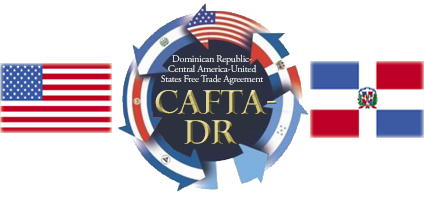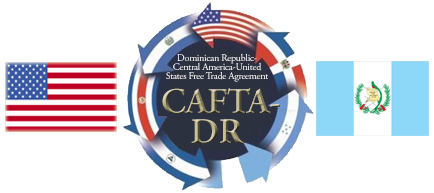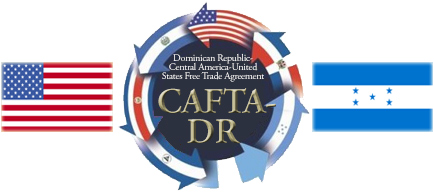2015 Submission Under U.S.-Peru TPA
Report issued (March 18, 2016)
The U.S. Department of Labor has issued a public report in response to a submission filed under Chapter 17 (the Labor Chapter) of the United States-Peru Trade Promotion Agreement (PTPA) by the International Labor Rights Forum, Perú Equidad, and seven Peruvian workers’ organizations. The Office of Trade and Labor Affairs (OTLA) of the U.S. Department of Labor's Bureau of International Labor Affairs, as the designated contact point under the Labor Chapter, conducted a detailed review of the allegations contained in the submission.
During the review, from September 2015 to March 2016, the OTLA considered all information provided by the submitters, the Government of Peru, and others with direct knowledge of the relevant issues. The review also included a fact-finding mission in Peru from December 6-15, 2015 to gather additional information on the issues raised by the submission, including through meetings with the Peruvian government, the submitters, workers’ organizations, employers, and other relevant stakeholders.
The report raises significant concerns regarding the right to freedom of association in Peru’s non-traditional export sectors, which includes exports such as textiles, apparel, and certain agricultural products. The report also raises questions regarding labor law enforcement in Peru. To help guide subsequent engagement between the U.S. government and the Government of Peru, the report provides six recommendations aimed at addressing the questions and concerns, and notes the U.S. government’s commitment to assess any progress by Peru within nine months and thereafter, as appropriate.
The report, which was published within 180 days of initiating a review of the matter, represents the U.S. Department of Labor’s streamlined and timely review of labor submissions received under U.S. trade agreements.
More Information
2010 Submission Under U.S.-Peru TPA
Report issued (August 30, 2012)
On December 30, 2010, OTLA received a submission from the Peruvian National Union of Tax Administration Workers(SINAUT), Sindicato Nacional de Unidad de Trabajadores de SUNAT. The submission alleges that SUNAT, an executive branch agency of the Government of Peru, has failed to comply with Peru's labor laws as they relate to collective bargaining, in violation of the Labor Chapter of the U.S. Peru Trade Promotion Agreement. On July 19, 2011, OTLA accepted the submission for review and issued a Federal Register notice on its decision on July 26, 2011. OTLA has engaged with the submitters and the Government of Peru as part of its efforts to prepare a public report with findings and recommendations on the allegations contained in the submission. On January 10, 2012, OTLA notified the submitters and the Government of Peru it had extended its period of review.
The Office of Trade and Labor Affairs (OTLA) of the U.S. Department of Labor has conducted an extensive review of the allegations contained in Submission 2010-03, filed under the United States-Peru Trade Promotion Agreement (PTPA) by the Peruvian National Union of Tax Administration Workers (SINAUT). The submission alleges that the SINAUT's employer, the National Superintendant of Tax Administration (SUNAT), failed to effectively recognize the union's right to collective bargaining. Based on the review, the OTLA has determined that the Peruvian Ministry of Labor and Promotion of Employment appears to have fulfilled its duties during the relevant collective bargaining processes, but the SUNAT failed to comply with certain elements of the Peruvian Collective Bargaining Law, including deadlines for launching negotiations. With regard to all other issues raised in the submission, the OTLA has determined that important legal ambiguity during the period at issue prevents a finding that the SUNAT failed to comply with the law or that the Government of Peru failed to comply with or enforce its own labor laws during that time.
Throughout the review process, the Peruvian government has demonstrated a willingness to productively discuss with the U.S. government the issues raised in the submission. In addition, since the petition was filed, the Government of Peru has taken important steps to address some of the issues raised therein, including by issuing legal instruments to help clarify legal ambiguity and facilitate collective bargaining. The OTLA does not believe formal consultations are needed to continue such positive engagement and progress on these matters. As a result, the OTLA does not recommend formal consultations between the U.S. government and the Peruvian government under Article 17.7.1 of the PTPA Labor Chapter.




